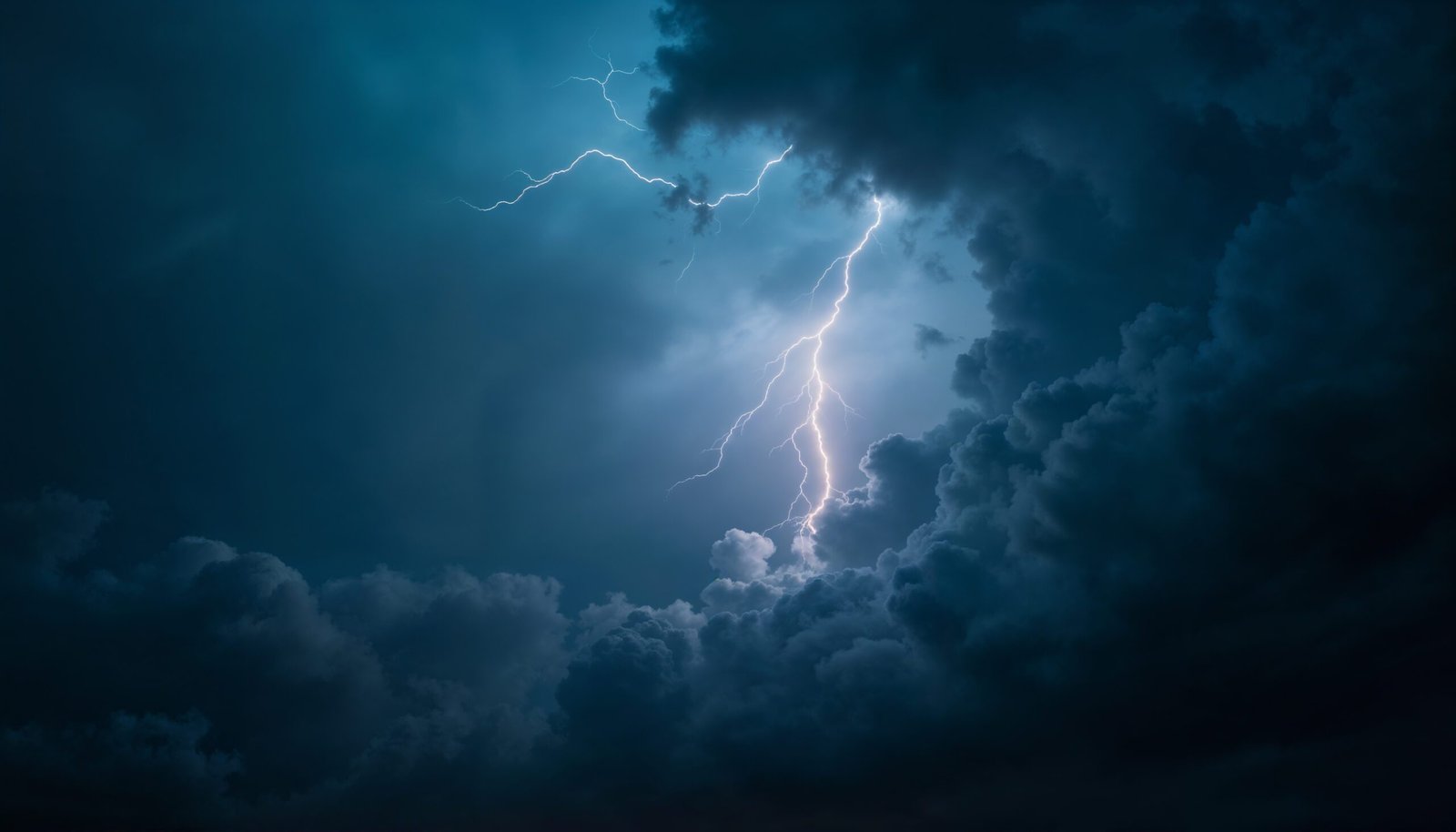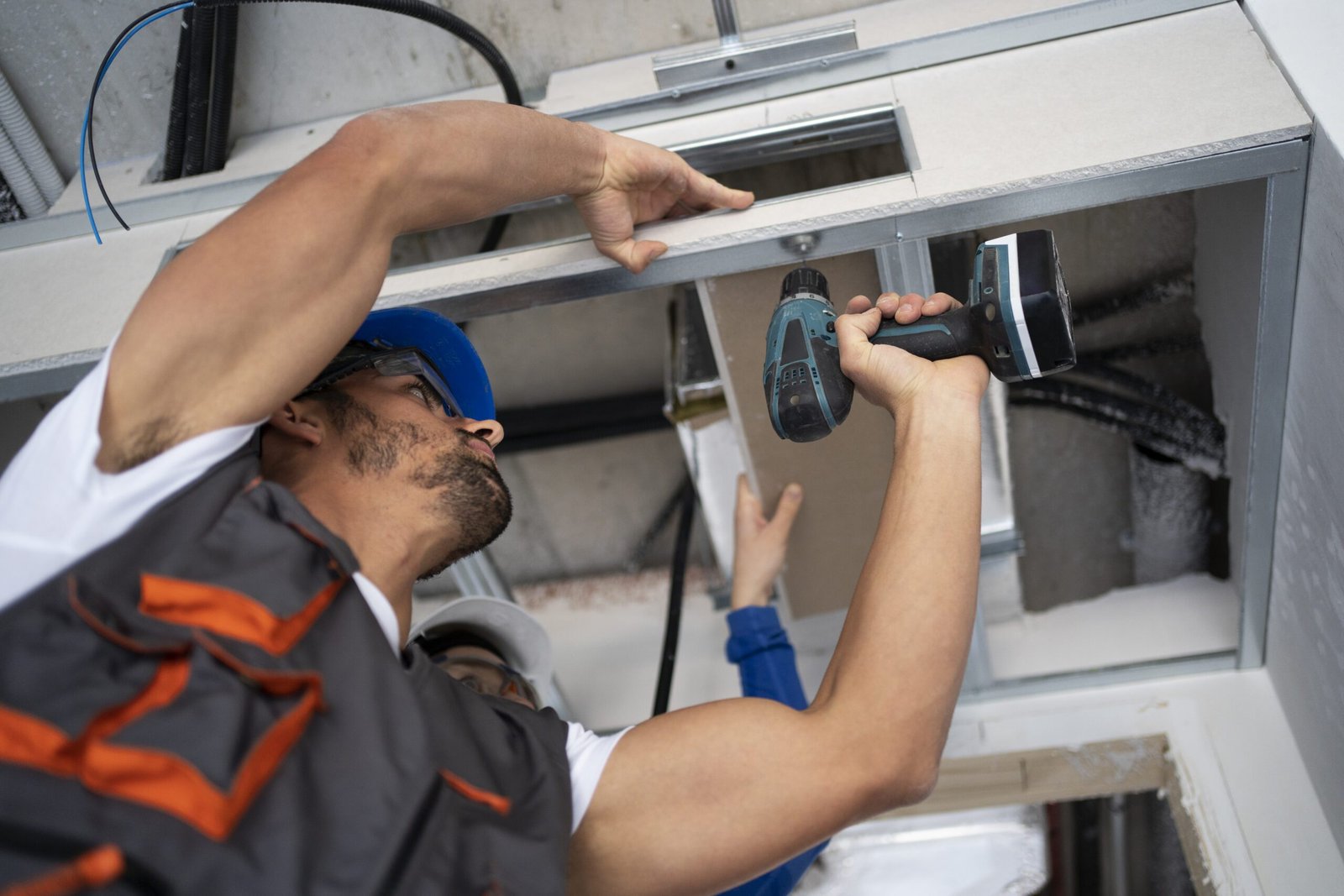Yes — spring and early summer are prime tornado season in Texas. But that doesn’t mean Houston is off the hook. While tornadoes are more common in North Texas, severe storms and rotating systems can still hit the Gulf Coast. If you’re a homeowner in Houston or surrounding areas, it’s smart to ask: how can I protect my HVAC system during tornado season?
Your HVAC system is one of the most expensive and essential components of your home. And when severe weather strikes — including high winds, hail, and flooding — your outdoor unit becomes vulnerable to serious damage.
🌪️ When Is Tornado Season in Texas?
Texas experiences more tornadoes than any other U.S. state — averaging over 130 each year. The season typically peaks from March through June, but tornadoes can and do occur into July and beyond, especially when warm, moist Gulf air meets dry cool fronts.
While the Dallas–Fort Worth and Central Plains areas are hit hardest, cities like Houston have seen tornadoes too, often as a side effect of hurricanes or tropical storms. Just last year, a tornado caused damage near Pasadena, TX — proof that the Gulf region is not immune.
🔧 Why Protecting Your HVAC System Matters
Your HVAC system is a major investment. A damaged condenser or disconnected electrical wiring can result in:
- Thousands in replacement costs
- Days or weeks without cooling (especially during peak summer)
- Increased risk of water damage or mold
- Voided warranties if not installed or repaired by certified professionals
Outdoor condenser units are often left exposed, making them targets for flying debris, hail, and flooding during extreme storms. Taking a few precautions can save you money, protect your home’s comfort, and reduce recovery time after a storm.
🛡️ How to Protect Your HVAC System During Tornado Season
Here are essential steps every Houston-area homeowner should take:
✅ 1. Anchor or Secure Your Outdoor Unit
Ensure your HVAC condenser unit is bolted to a concrete pad or has a secure mounting bracket. This reduces the chance of the unit tipping or being blown away during high winds.
✅ 2. Install a Surge Protector
Power surges from lightning or utility line damage can fry your compressor or control board. Installing a whole-home surge protector can safeguard your HVAC and other electronics.
✅ 3. Use a Storm Cover (Correctly!)
During severe weather, cover the condenser with a breathable storm cover to prevent debris from damaging the coils. Never use plastic tarps that trap moisture, which can lead to corrosion.
✅ 4. Trim Surrounding Trees and Branches
Make sure your HVAC unit is free from nearby limbs or objects that could crash into it during a storm. Keep a five-foot clearance zone around the unit.
✅ 5. Turn Off the System During Extreme Weather
If a tornado or hurricane warning is issued, shut off your HVAC system at the breaker to prevent electrical damage.
🌬️ What to Do After the Storm
Once the weather clears, inspect your HVAC system before turning it back on:
- Check for visible damage to the fan, fins, or wires
- Make sure the unit hasn’t shifted or become disconnected
- If there’s any doubt, call a professional before restarting it
At Cool Techies, we offer post-storm inspections and emergency service to ensure your system is safe, functional, and ready to perform.
💡 Pro Tip: Get a Generator
In case of tornado-related power outages, a standby generator keeps your HVAC and other vital systems running. Cool Techies offers up to 20% off select generators, and our team provides full installation and maintenance.
🧰 Don’t Forget HVAC Maintenance
Routine maintenance not only improves performance — it ensures your system is ready to withstand external stress, including weather-related disruptions.
Let Cool Techies inspect your system, test its components, and make sure you’re storm-ready.
📞 Stay Ready with Cool Techies
Texas tornado season is unpredictable — your HVAC protection shouldn’t be. Trust Cool Techies to help you secure, maintain, and power your HVAC system, no matter the weather.
Call us today for a free consultation and ask about our generator deals and emergency services.





